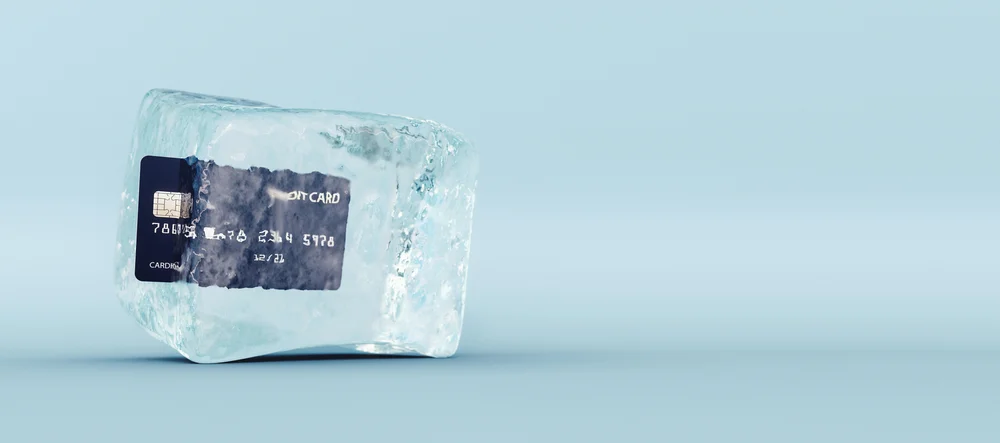Having your bank account blocked can be very frustrating. We examine why this happens, and the steps you can take to restore your account.
19 March 2023 · Fiona Zerbst

A “frozen” or blocked bank account means you can’t use your account to transact – a source of great frustration if you have items to buy or bills to pay. Missed payments can affect your credit score, so you’ll want to resolve the situation quickly.
We examine why your bank account may have been blocked, and the steps you can take to unfreeze your account – assuming you haven’t used it for illegal activity.
Tip: Check your credit score here to learn more about your financial position.
A bank may freeze an account for several reasons - including if:
The Financial Sector Conduct Authority requires banks to provide reasonable notice and give reason for blocking an account, says Desiree Reddy, a director of Norton Rose Fulbright law firm.
“The Ombudsman for Banking Services provides that a reasonable period is one to two months for individual accounts, and two to three months for business accounts, depending on the case circumstances,” notes Reddy.
However, this doesn’t apply if the law requires a bank to freeze an account, or if the account is being used for illegal purposes.
“If a bank suspects fraud or illegal activity, it may temporarily block access to the account and ask you to confirm certain details,” says Ester Ochse, product head at FNB Integrated Advice.
Ochse says your bank will inform you of what you need to do to regain access to your account. In most instances, this can be achieved relatively quickly, provided you meet certain conditions.
If your account has been frozen due to lack of use, it will be closed after three to six months. Your bank will attempt to contact you – however, if no response is received, your account will be closed and the funds transferred to a suspense account or “unclaimed balances” account, in case you return to claim them later on.
In order to claim the funds, you must provide the bank with sufficient details to identify you and your account.
In the case of a court order, you will need to have the judgment against you rescinded or set aside, or have it replaced by another court order that allows you to access your account.
You can do this by working out a repayment plan with your creditor, or allowing the creditor to attach, or take, a portion of your salary or wages in payment of the debt, via an emoluments attachment order.
In some cases, creditors will attach a portion of the funds in your account through a garnishee order, which the sheriff of the court will administer, and pay to your creditor.
Banks have online tools that allow you to manage and update your information to ensure compliance, says Ochse.
“Update your personal information and contact information online,” she says. “You can also verify details such as your name and ID number.”
Tip: Worried about having a judgment taken out against you? Consider consolidating your debts. Click here to find out more.
Free tool

info@justmoney.co.za
4th Floor, Mutual Park, Jan Smuts Drive,
Pinelands, Cape Town, 7405
© Copyright 2009 - 2025 · Powered by NCRCB29
Terms & Conditions
·
Privacy Policy
·
PAIA Manual
View your total debt balance and accounts, get a free debt assessment, apply for a personal loan, and receive unlimited access to a coach – all for FREE with JustMoney.